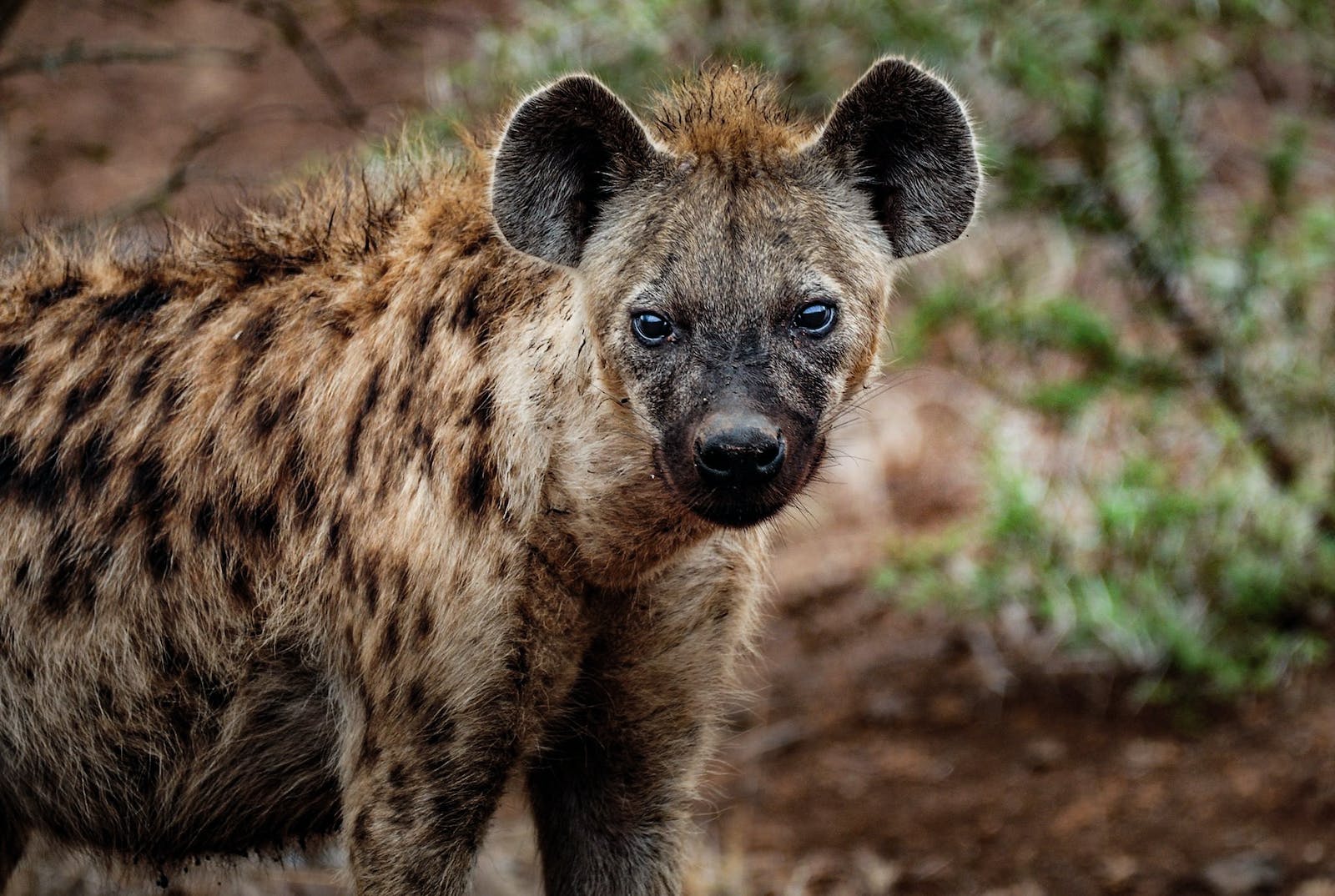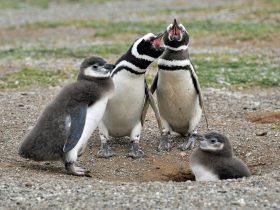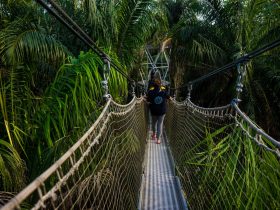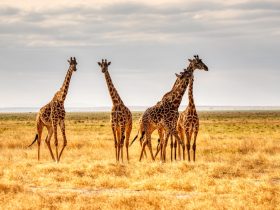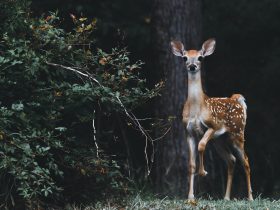In today’s rapidly changing world, the preservation of wildlife and the protection of our natural ecosystems have become essential priorities. As the global community becomes more aware of the urgent need for wildlife conservation, ethical investments in this field are gaining significant momentum. Investors are recognizing the importance of aligning their financial resources with their ethical values, ensuring that their investments have a positive impact on the environment. This article explores the future of ethical investments in wildlife conservation, highlighting emerging trends that are shaping the industry.
Impact Investing in Conservation
One of the emerging trends in wildlife conservation is impact investing. This approach seeks to generate measurable social and environmental impacts alongside financial returns. Traditional investment models are being reevaluated, and investors are actively seeking opportunities to make a positive change in the world.
In the realm of wildlife conservation, impact investors are funding projects that prioritize biodiversity preservation, habitat restoration, and community engagement. By supporting initiatives that integrate conservation goals with sustainable livelihoods for local communities, investors create a win-win situation for both wildlife and people. This approach ensures the long-term viability of conservation efforts while promoting social and economic well-being.
Technology and Innovation
Technological advancements have the potential to revolutionize wildlife conservation practices. From remote sensing and satellite imagery to artificial intelligence and drones, these innovations provide invaluable tools for monitoring, research, and anti-poaching efforts.
Ethical investors are increasingly drawn to projects that leverage technology to enhance conservation outcomes. Investments in the development and deployment of cutting-edge technologies are not only improving wildlife protection but also creating opportunities for sustainable economic development. By supporting technological advancements in wildlife conservation, ethical investors are driving positive change on multiple fronts.

For example, the use of drones equipped with thermal imaging cameras enables more efficient monitoring of wildlife populations and the detection of illegal activities. Artificial intelligence-powered algorithms can analyze large datasets to identify patterns and predict potential threats to wildlife. These innovations are instrumental in maximizing the efficiency and impact of conservation efforts.
Sustainable Tourism
Sustainable tourism is another emerging trend in ethical investments related to wildlife conservation. Investors recognize the potential to combine environmental protection with economic growth by promoting responsible tourism practices.
Ethical investors are supporting projects that create tourism experiences that minimize negative impacts on wildlife and ecosystems while maximizing the benefits for local communities. From eco-lodges that operate on renewable energy to wildlife safaris that prioritize animal welfare and conservation education, sustainable tourism initiatives are gaining momentum as ethical investment opportunities.
By investing in sustainable tourism, ethical investors not only contribute to wildlife conservation but also promote cultural exchange and create economic opportunities for local communities. These investments foster a deeper understanding of the importance of preserving biodiversity and help build a sustainable future for both wildlife and tourism industries.
4. Corporate Partnerships
The future of ethical investments in wildlife conservation lies in strategic collaborations between conservation organizations and corporations. Recognizing the shared responsibility for environmental stewardship, companies are increasingly committed to integrating conservation goals into their business practices.
Ethical investors are capitalizing on this trend by supporting projects that foster partnerships between conservation organizations and corporations. These partnerships can take various forms, such as corporate sponsorships for conservation initiatives, collaborative research programs, or funding for sustainable business models that promote biodiversity conservation.
By aligning with corporations that share their ethical values, investors can leverage the resources, expertise, and influence of these organizations to make a significant impact on wildlife conservation. Together, they can develop innovative solutions, implement conservation strategies, and drive positive change on a larger scale.
5. Conservation Finance
Conservation finance is an emerging field that focuses on mobilizing capital to support conservation efforts. Ethical investors are increasingly exploring opportunities to invest in financial instruments specifically designed for wildlife conservation.
Examples of conservation finance mechanisms include conservation easements, biodiversity offset programs, and green bonds. These financial instruments provide investors with avenues to directly contribute to conservation while generating financial returns. Conservation easements, for instance, allow investors to protect and preserve critical habitats by purchasing land and placing it under legally enforceable conservation restrictions.
Green bonds are another popular financial instrument that enables investors to support projects with positive environmental impacts. These bonds are issued by governments, municipalities, or corporations and have the proceeds used for funding projects such as renewable energy development, habitat restoration, and sustainable agriculture.
As the field of conservation finance continues to evolve, ethical investors will have more opportunities to channel their resources into wildlife preservation. By investing in these financial instruments, they not only contribute to conservation funding but also promote the development of innovative and sustainable financial solutions.
Conclusion
Ethical investments in wildlife conservation have the potential to shape the future of conservation efforts. With impact investing, technological advancements, sustainable tourism, corporate partnerships, and conservation finance gaining momentum, the field is evolving in exciting ways.
Investors who prioritize the preservation of wildlife and the protection of ecosystems can contribute to positive change by embracing these emerging trends. By aligning financial resources with ethical values, they have the power to drive transformative actions and create a sustainable futurefor wildlife conservation.
As the demand for ethical investments in wildlife conservation continues to grow, it is imperative for investors to stay informed about emerging trends and seize opportunities that maximize their impact. By doing so, they can be at the forefront of shaping a future where wildlife thrives, ecosystems flourish, and ethical values are deeply ingrained in investment practices.
In conclusion, the future of ethical investments in wildlife conservation is promising. Through impact investing, technological advancements, sustainable tourism, corporate partnerships, and conservation finance, investors have the opportunity to make a significant difference in the preservation of wildlife and the protection of our natural ecosystems. By aligning financial resources with ethical values, investors can contribute to positive change and create a sustainable future for wildlife conservation. Together, we can ensure that future generations inherit a world where the beauty and diversity of wildlife are preserved for generations to come.




























